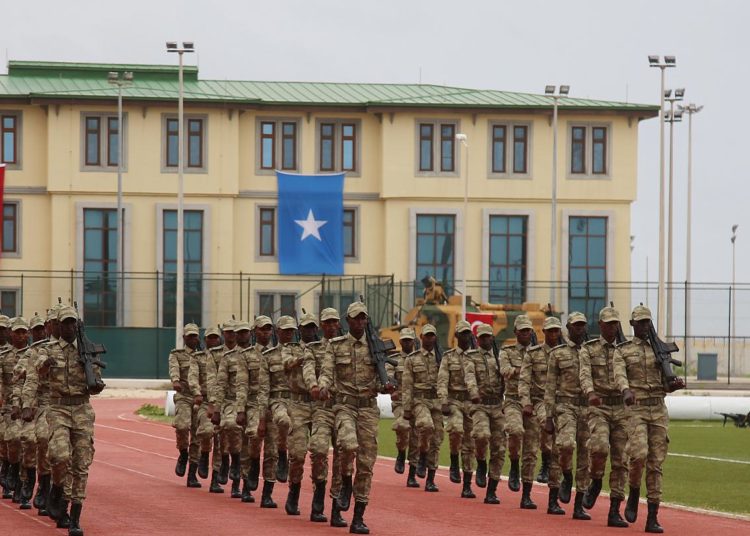Levent Kenez/Stockholm
Turkey is intensifying its political, economic and military involvement in Somalia, with a recent debate in the Turkish Parliament drawing a deliberate parallel between the country’s approach to the Horn of Africa and its long-term strategy in Syria: establishing security and enabling Turkish business to follow.
During a meeting of parliament’s Foreign Affairs Committee on July 17, Deputy Foreign Minister Nuh Yılmaz highlighted the multi-layered nature of Turkey’s engagement with Somalia, emphasizing the “special nature” of bilateral ties grounded in shared history and growing mutual interests.
Yılmaz compared Turkey’s engagement in Somalia to its approach in Syria, noting that once cooperation with a country advances and security is established, the environment naturally opens up to Turkish business. “Once a country ensures security in a partner state, the field naturally opens up to Turkish businesspeople,” Yılmaz told members of the committee.
Since Turkish President Recep Tayyip Erdogan, then prime minister, made a visit to Mogadishu in 2011, Turkey has emerged as Somalia’s most visible foreign partner, operating across sectors ranging from defense and health care to infrastructure and finance.
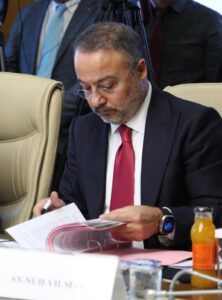
Turkey operates its largest military training base abroad in Somalia, the Anatolia Barracks in Mogadishu, which has trained more than 15,000 Somali troops since its inauguration in 2017. The base is central to Somalia’s ongoing fight against the al-Qaeda-linked militant group al-Shabab, Yılmaz said.
In tandem with security cooperation, Turkey has backed development projects by means of the Turkish Cooperation and Coordination Agency (TIKA), supported humanitarian relief through the Turkish Red Crescent and provided medical services via a teaching and research hospital in Mogadishu.
At the core of the current parliamentary discussion is a bilateral agreement under which each country allocates land for the other’s embassy. Under the terms of the deal, Turkey will construct a new chancery and residence for the Somali Embassy in Ankara on a 4,918-square-meter plot of land in the Incek diplomatic enclave. This follows Somalia’s prior grant of more than 61,000 square meters of land in Mogadishu, now home to Turkey’s largest embassy compound abroad.
The agreement, formally titled “Protocol on the Mutual Allocation of Plots for Diplomatic Missions,” was signed in 2019 but only reached the committee in July 2025 for parliamentary ratification. While some lawmakers expressed concern over the lack of specific cost estimates and clarity on procedures for tenders, Yılmaz and senior diplomats insisted the arrangement was based on mutual benefit.
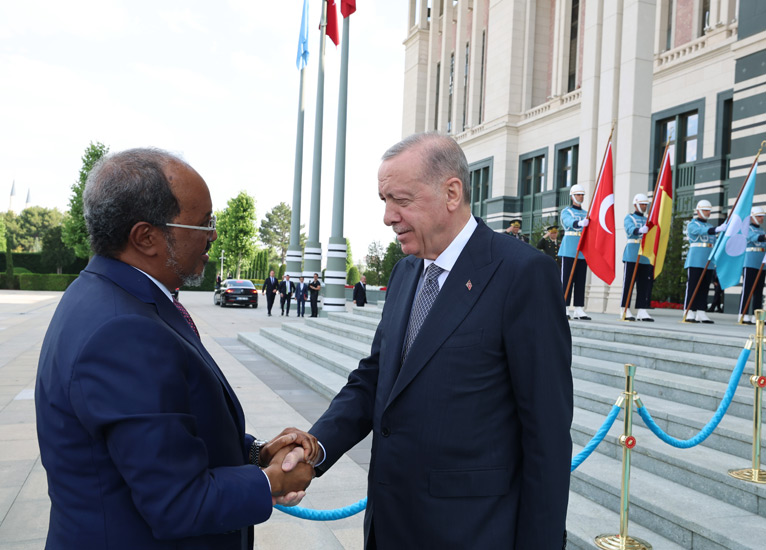
Refik Ali Onaner, director general for North and East Africa at the Turkish Foreign Ministry, noted that Turkey had already received a substantial return in diplomatic presence and strategic influence. “The compound in Mogadishu not only enhances Turkey’s visibility in the region but has become a regional diplomatic and operational hub,” he said.
The deal is structured as a non-monetary aid agreement, with Turkey providing the land and overseeing the construction of Somalia’s new embassy. Critics on the committee raised questions about cost transparency, potential favoritism in the awarding of contracts and whether such investments provide measurable returns to Turkish taxpayers.
Committee member Utku Çakırözer asked why such significant financial commitments were being made during a time of national austerity, pointing to recent government-wide calls for budgetary restraint. “We are not only giving the land but also constructing the building,” he said. “We don’t know the cost, nor do we know who will build it. Shouldn’t this be subject to stricter scrutiny?”
Yılmaz defended the initiative as part of a long-term strategy. “This isn’t a typical bilateral relationship,” he said. “It’s a relationship built on a strategic alliance, and it positions Turkey as a key actor in the stabilization of the Horn of Africa.”
Several lawmakers raised questions about oversight. Çakırözer and fellow lawmaker Yunus Emre both asked about the legal mechanisms available should Somalia fail to honor the diplomatic agreement or misuse the property provided. Ministry officials responded that all disputes would be resolved amicably and without recourse to international courts, a standard clause in bilateral agreements of this kind.
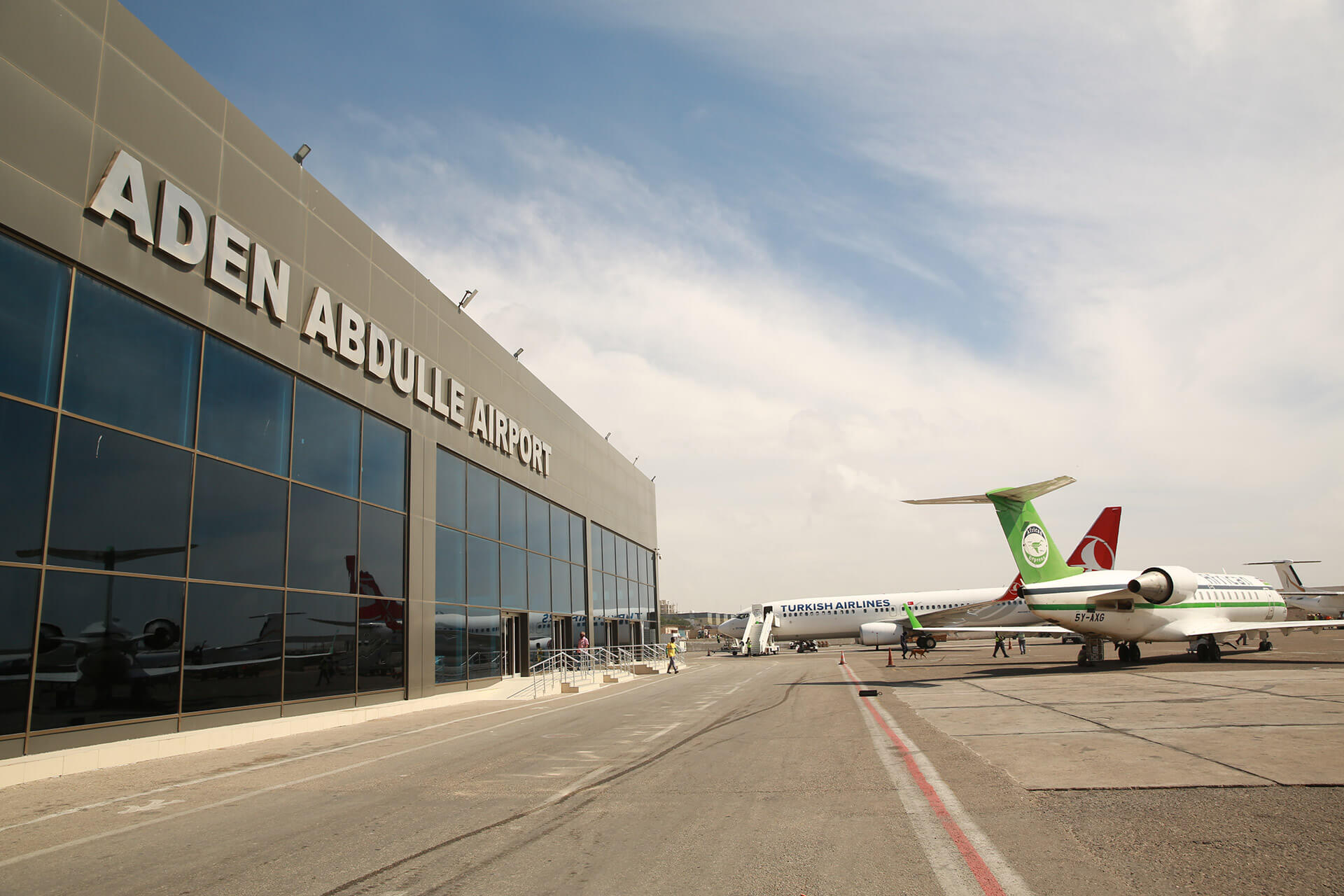
Onaner clarified that the Turkish side retained control over any future transfer or sale of the compound, stressing that the land could only be used for diplomatic purposes and could not be transferred without Turkey’s explicit permission.
Another point of contention was the total financial commitment made by Turkey to Somalia since 2011. Onaner estimated that aid and assistance have surpassed $1 billion, including a $3.5 million payment to cover Somalia’s debt to the International Monetary Fund as well as significant humanitarian aid.
According to claims in the Turkish media, much of the aid sent to Somalia is actually used to make payments to companies close to Erdogan that are doing business in Somalia. In other words, under the guise of official aid, a mechanism is operating that effectively finances pro-Erdogan businessmen. This situation has sparked criticism suggesting that behind Turkey’s economic and military presence in Somalia lies a hidden agenda to channel resources to certain interest groups beyond the stated support to the country.
Turkey’s trade volume with Somalia reached $426 million in 2023 but dropped to $384 million in 2024, according to ministry figures. Despite the decline, Turkey remains the leading foreign investor in Somalia, with Turkish companies managing both the Port of Mogadishu and Aden Adde International Airport.
Critics remain wary. “We say this relationship is special,” Çakırözer said, “but has Somalia reciprocated in areas important to us, such as recognizing the Turkish Republic of Northern Cyprus?”
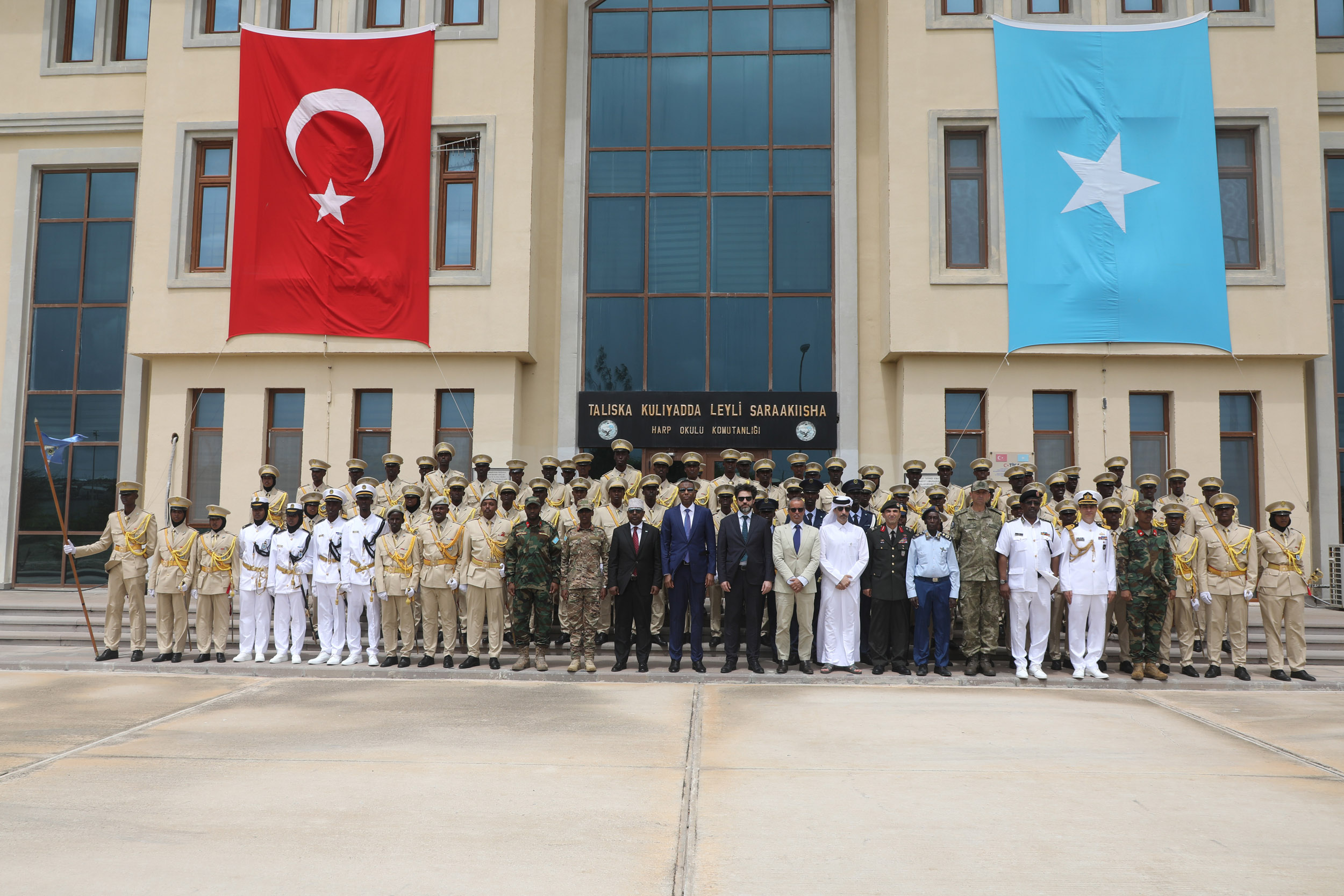
Supporters, however, argue that the long-term returns of Turkish engagement in Somalia — political, economic and symbolic — outweigh short-term costs. Ruling party lawmaker Derya Bakbak said the reason Somalia trusts Turkey more than other countries is clear. Turkey has a clean record, free from the stain of colonialism. Wherever Turkey goes, it brings justice, development and sincerity. This trust is strengthened by their shared history, faith and cultural ties. The steps taken in Somalia are not just a matter between two countries but also a reflection of Turkey’s vision to become a global power.
Nordic Monitor previously published the full text of a wide-ranging hydrocarbons agreement between Turkey and Somalia following its submission to the Turkish Parliament for ratification on April 22. The release of the document provided the first detailed insight into the scope, terms and strategic intentions behind Ankara’s deepening energy and defense partnership with Mogadishu. According to the agreement, Turkey has secured sweeping operational and financial privileges.
In 2022 United Nations investigators concluded that Turkey violated international sanctions on Somalia by supplying armed drones without notifying or obtaining approval from the UN. According to the Panel of Experts on Somalia, which monitors the conflict under the relevant UN Security Council resolution, Turkey violated the UN arms embargo by delivering armed Bayraktar drones manufactured by a company owned by the family of President Erdogan.
Confidential intelligence obtained by the UN investigators revealed that Turkey delivered Bayraktar TB2 drones to Mogadishu on December 6, 2021, via two Airbus A400M military cargo planes operated by the Turkish air force. However, the Turkish government failed to request an exemption from the UN before the shipment, despite the Security Council resolution explicitly requiring such clearance prior to any arms delivery to Somalia.
Minutes from the parliamentary committee meeting on Turkey-Somalia relations on July 17:

